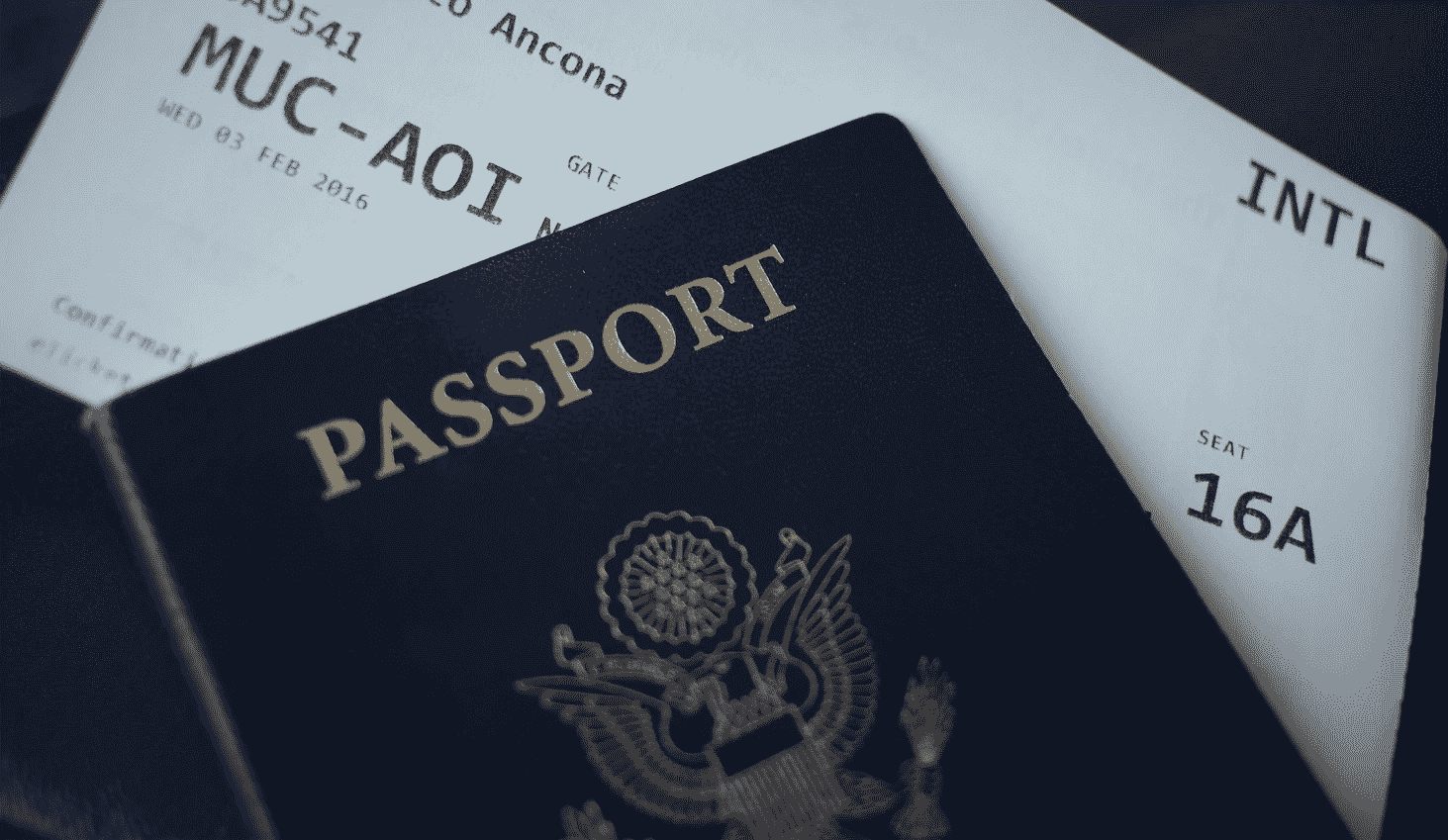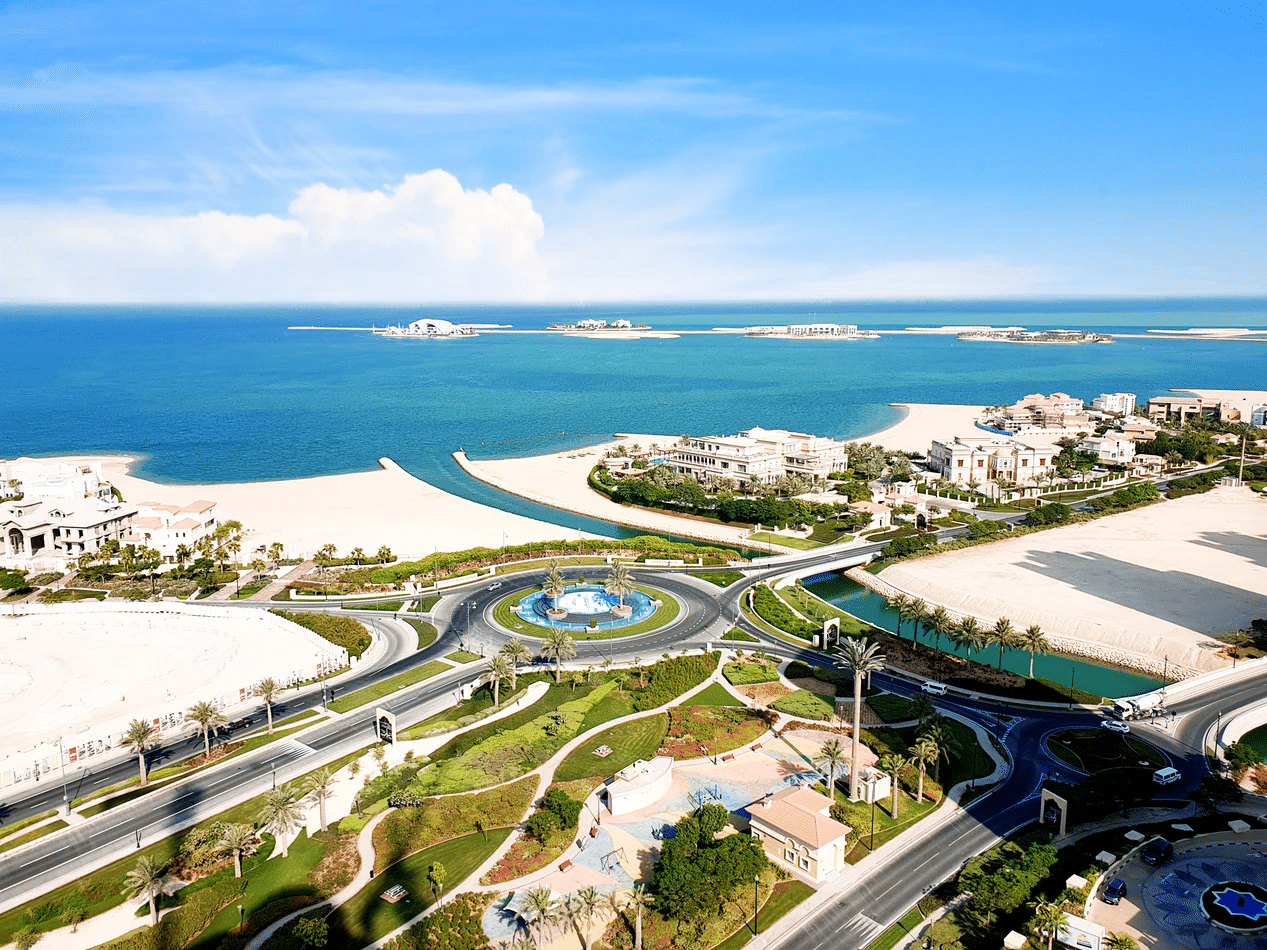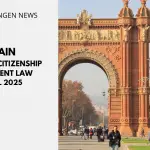5 of the hardest passports to get in the world

It is no doubt that gaining citizenship from a country other than the one you were born in can be quite difficult. The general route to gaining citizenship in most countries is to either marry a citizen of that country or to be a descendant of a citizen from that country. However, some countries with higher barriers to gaining citizenship require applicants to fit under certain criteria, in addition to marriage and ancestry to successfully gain citizenship status.
Here are five of the toughest countries to gain citizenship in:
1. Vatican City

CREDIT CALEB MILLER
Vatican City is the world’s smallest country, surrounded by the Italian capital of Rome. It only has a population of about 800 people, perhaps because it arguably, has one of the toughest immigration policies in the world. According to the US Library of Congress, you can only become a citizen of Vatican City if you are a cardinal living in Vatican City or Rome, if you are a diplomat representing the Holy See, or if you live in Vatican City because you are an official or worker for the Catholic Church.
Side note: Did you know that the Vatican City is guarded by the Pontifical Swiss Guard?
2. Liechtenstein

CREDIT LUCA FLORIO
Liechtenstein is a small European country known for its picturesque mountainous landscapes. Its population is about 40,000 and its stringent immigration policies appear to aim to keep the number of residents in the country low.
According to the Liechtenstein Government website, you can acquire Liechtensteinian citizenship if:
- you have lived in Lichtenstein for 30 years with every year before you turn 20 counting as two years.
- you are married/in a registered partnership with a Liechtensteinian and already live in Liechtenstein for at least five years.
- you successfully get voted in by your community after being a resident for 10 years
Whatever route is used to acquire citizenship would require you to waive your current citizenship.
3. Bhutan

CREDIT SAM POWER
The small and predominantly Buddhist nation of Bhutan, tucked between China and India is known for measuring its success with the Gross National Happiness Index rather than its GDP. However, Bhutan is still very undiscovered by the rest of the world, with foreign tourists only being allowed in the country since 1974. Its aim to preserve their cultural terms of the country from foreign influences appears to be reflected in their strict immigration policies.
According to the Bhutan Citizenship Act 1985, you need two Bhutanese parents to be a born citizen, and if you only have one Bhutanese parent, you need to have lived in Bhutan for 15 years. The same principle applies to government workers. However, anyone who does not fall in the above categories can only apply for citizenship if you have lived in Bhutan for 20 years and meet a list of requirements that includes taking an oath of allegiance to the King, the people of Bhutan and the country itself. Even if you satisfy the requirements set out, Bhutan can still reject your application for any or no reason.
4. Qatar

CREDIT SAM POWER
Qatar is the richest country in the world, with a GDP of $130,475 and owns many properties in London including the renowned The Shard. This Arab nation also borders Saudi Arabia to the south.
The only way to be a born citizen of Qatar is if your dad is Qatari. A new law announced in 2018 meant that if your Mum is Qatari, you could obtain permanent residency status, but you will not obtain Qatari citizenship. Aside from this, the only way to get Qatari citizenship is to be a legal resident of the country for at least 25 years subject to a few other conditions i.e. not having left the country for 2 consecutive months. The Doha News reported that Qatar only naturalizes about 50 foreigners who have proven themselves as having ”valuable” skills in a year.
5. United Arab Emirates

CREDIT DAVID RODRIGO
The United Arab Emirates is another Arabic country, wedged between Oman and Saudi Arabia. The UAE is most known for the staggering skyscrapers of Dubai or the oil-wealth of Abu Dhabi.
According to the UAE’s Federal Law No. 17 of 1972 on Nationality and Passports, you can apply for citizenship after legally residing there for 30 years. If you are an Arab citizen hailing from Oman, Qatar, or Bahrain, you have to be a resident for three years before applying for citizenship. If you are an Arab from any other country, the period extends to seven years.
- 5 of the hardest passports to get in the world - 25 October 2019
- Post Graduate Employment for International Students - 18 October 2019
- Why being in London this Summer should be on your bucket list? - 9 June 2015











